ADHD expert Karl Sebire says private schools in a different class on student support as public kids get left behind
Parents can buy kids the best chance for higher school marks if they secure an ADHD diagnosis, a leading expert says, but most aren’t so lucky.
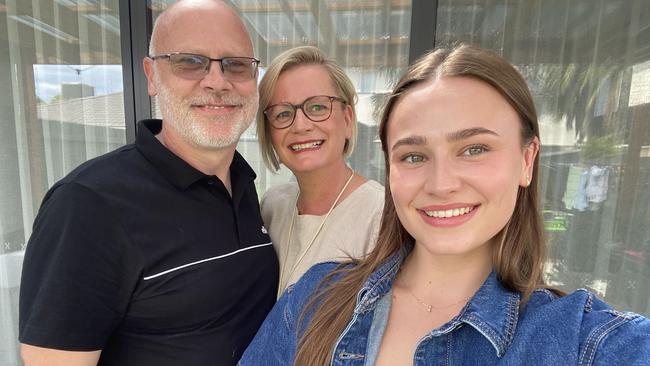
A wealthy Sydney private school has a team of 22 staff for students with learning challenges such as attention deficit hyperactivity disorder – but most schools are not so fortunate.
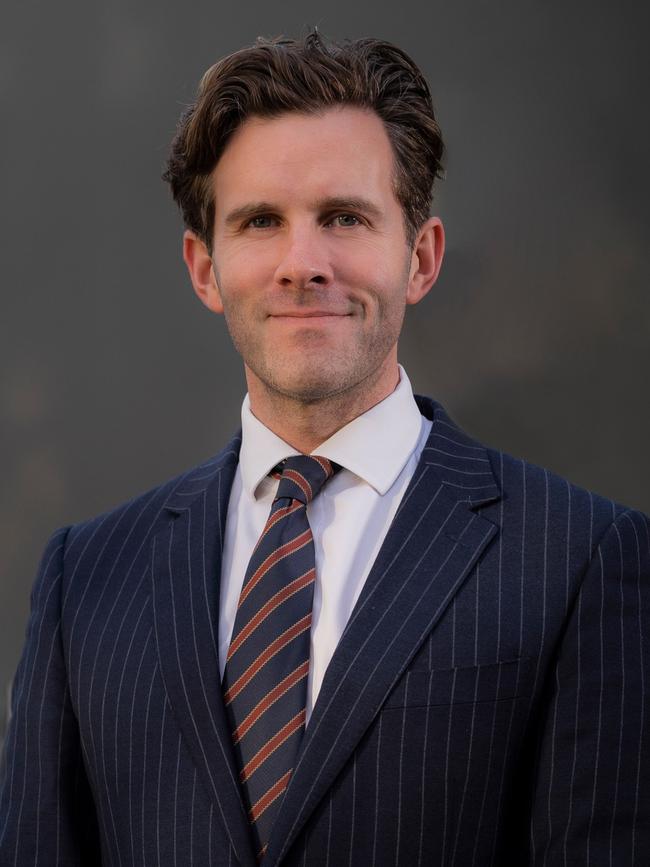
However, a national education leader says basic changes can help children at lower-funded schools.
Academic and ADHD Australia board member Dr Karl Sebire says there is a stark contrast between cashed-up parents being able to enrol their children in high-fee private schools, versus public schools where there may be just “one or two” support teachers.
But he believes state governments and parents can make basic changes to support students with the developmental disorder, which can lead to inattention and hyperactive or impulsive actions. Those students are too often wrongly labelled “naughty”.
Dr Sebire said many parents – particularly in the private school sector – sought a diagnosis that could cost more than $1000.
Once diagnosed, students are eligible for extra time in exams or tests, and allowed rest breaks or additional time for revision.
He called for easier access for all parents to be able to have their children assessed, along with all teachers receiving more support and professional development about ways to help students with ADHD.
Federal Education Minister Jason Clare said legislation required all schools to make reasonable adjustment for students with ADHD, and the government had developed new resources to support teachers.
“I want students with disability to have the same educational opportunities as students without disability,” he said. That is why he has worked on funding agreements with states to bridge a 5 per cent funding gap that would be tied to help children “catch up, keep up and finish school, including those with a disability”.
DIFFERENT STATES CURRENTLY TAKE DIFFERENT APPROACHES
In South Australia, for example, there is an Inclusive Education Support program in public schools. Students with a disability have personalised learning programs called a One Plan, formulated with the family, student, teacher and health providers.
Dr Sebire’s tips for better learning for children with ADHD include allowing regular breaks and giving kids more active learning opportunities where they can get up and move around.
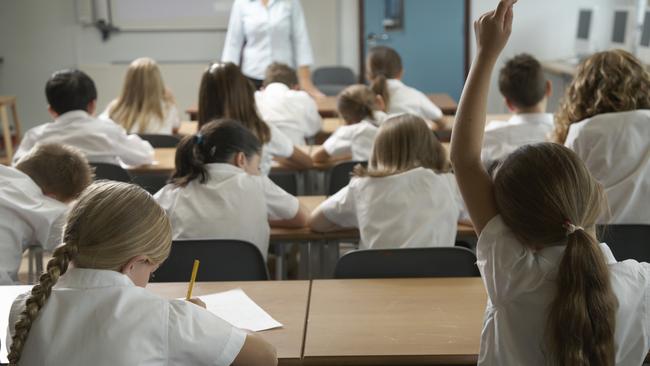
More interactive teaching and breaking tasks into checklists so they are not so overwhelming are others.
“It can help to have breaks to burn off energy and help regulate emotions,” said Dr Sebire, who is also a consultant and academic at the University of Melbourne.
He feared a growing teacher shortage across the nation could exacerbate the problems for ADHD students already struggling to receive enough support.
Dr Sebire praised the Victorian government for allocating $1.6 billion toward its Disability Inclusion Plan that has been rolling out in government schools over five years.
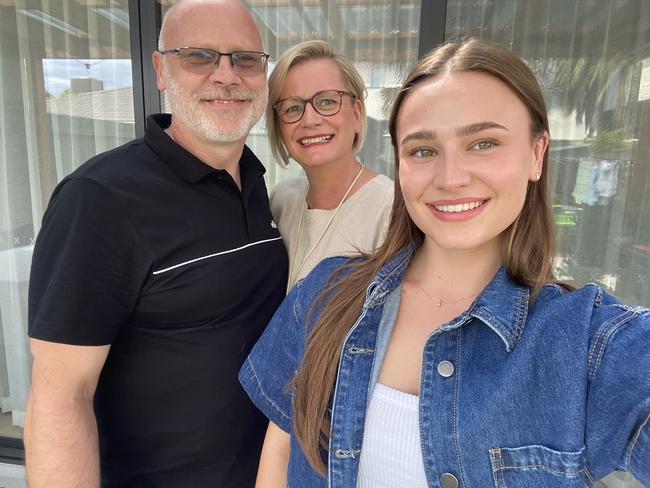
ONE TEACHER CAN MAKE ALL THE DIFFERENCE
Bryony Baker felt an overwhelming sense of relief when she received an ADHD diagnosis, thinking “I’m not stupid”.
It was during Year 10 that the then 16-year-old asked her parents to help obtain an assessment. She realised a constant struggle to concentrate was seeing her marks fall behind in subjects such as maths, while she managed to thrive creatively and socially.
Ms Baker tells of a struggle to retain details from entire classes.
“When I got my diagnosis and it was ADHD written on the page, I had this moment of ‘I’m not stupid, I just need to learn differently’,” Ms Baker, now 20, said.
She learned that the disorder triggered her nervous system into having “my brain shut down” when there was a topic of little interest, making it difficult to meet deadlines and making remembering key information a struggle.
“There was kind of a running joke with my maths teacher. I would always lose my calculator so he would always have one in the classroom so I had a spare,” Ms Baker said.
As she continued to retrain her thoughts about her abilities, one particular teacher arrived in her year 12 life to teach visual communications, making an “amazing” impact on her life.
When Dr Karl Sebire began teaching Ms Baker in Melbourne, he talked about understanding her learning challenges, worked on roadblocks and most significantly, spoke to her differently.
“One of the most pivotal things he would do was he used to speak to me with an underlying impression that I would understand what he was saying, whereas I was used to being spoken to like I would not understand,” Ms Baker said.
“It pretty much changed the course of my last year at high school.”
MY DAUGHTER FLEW UNDER RADAR UNTIL DIAGNOSIS
Vivian Dunstan was diagnosed with ADHD in her 50s. When her daughter received the same diagnosis 13 years ago she made it her mission to “know everything” and founded ADHD Support Australia. Here, Vivian shares her takeaways:
“My daughter was 14 when she was diagnosed. She’d struggled at school for many years, but I never thought she might have Attention Deficit Hyperactivity Disorder because I didn’t know anything about it back then.
“She has inattentive ADHD, so she wasn’t displaying challenging or hyperactive behaviour in the classroom, so flew under the radar, like so many girls.
“But she wasn’t learning because she wasn’t able to focus or concentrate. No one suggested to me it could be ADHD that was causing her issues, despite seeking professional help for anxiety symptoms and her difficulties at school.
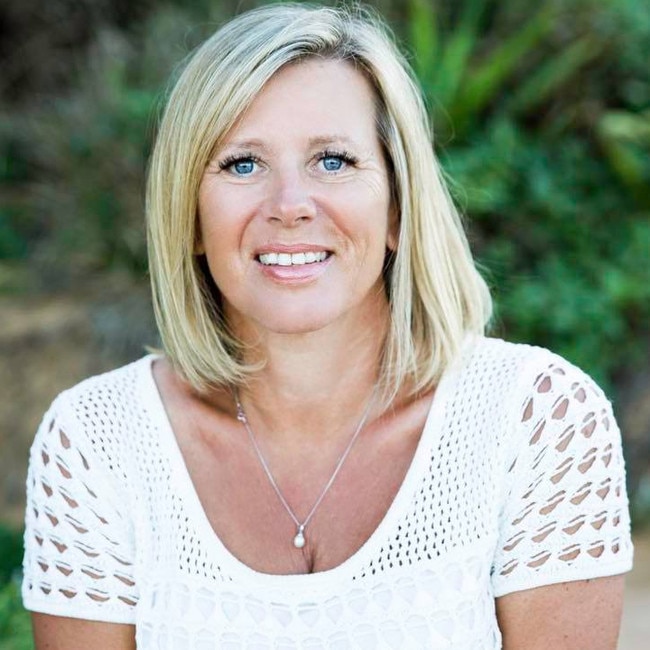
“It was only after speaking to another parent that I inquired about an ADHD diagnosis and that’s when she got the diagnosis confirmed.
“I have made it my mission to know everything there is to know about ADHD since the diagnosis.
Maybe it’s because of my own ADHD (diagnosed in my 50s) but it’s become my hyperfocus ever since – hence I started the organisation ADHD Support Australia to help other parents and families with ADHD.
“I learned the importance of gaining a deep understanding of how ADHD impacts executive functioning, emotional regulation and the way my daughter learns.
“This understanding helps you to reframe your child’s challenges as neurological differences, rather than failures, and to have greater empathy, compassion and patience for your child.”





